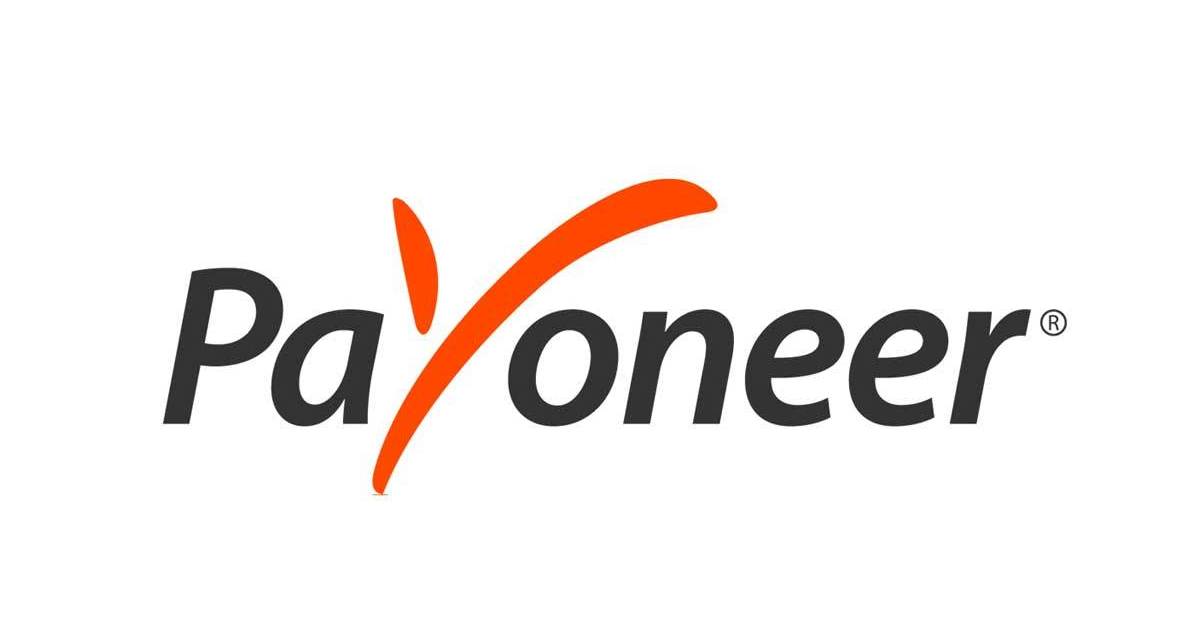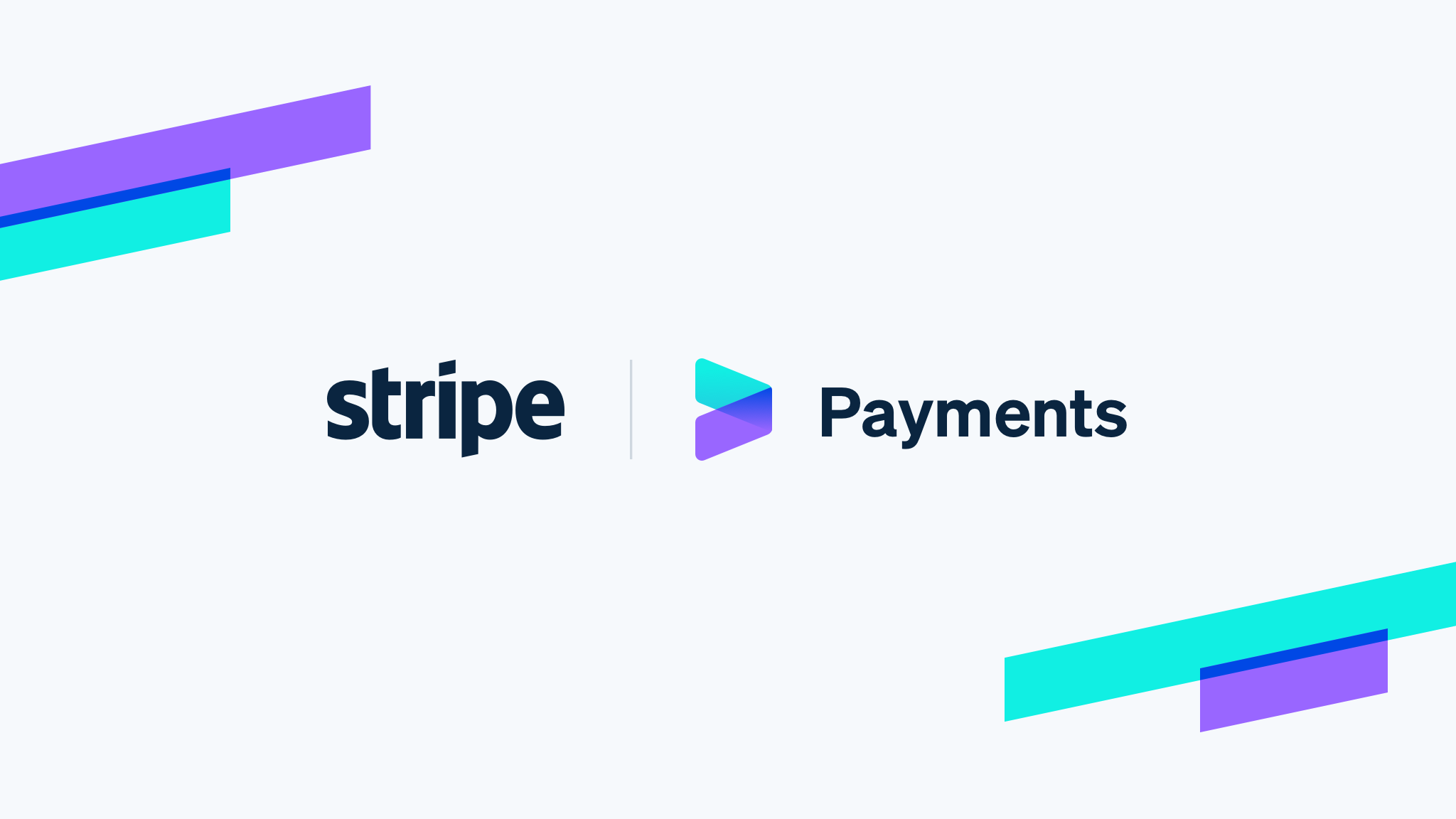PayPal has been the dominant online payment system for a long time. However, there are others to choose from, with unique features and benefits. In this article, we will be discussing three top alternatives to PayPal. So, dive in.
Each of these platforms addresses a specific need, whether you desire to use them for global payment solutions or integration services like FBA (Fulfillment by Amazon) e-commerce businesses. We’ll take a closer look at their pricing plans, payment solutions offered, and security assurance they offer, in addition to the integrations and uniqueness of what each one has.
Top 3 Alternatives To PayPal
- Payoneer
- Stripe
- Venmo
1. Payoneer

Payoneer is rated as one of the best alternatives to PayPal. The company was founded in 2005 and has now already evolved into an international financial services provider with products targeting cross-border payments.
Additionally, Payoneer accommodates various payment options, such as bank transfers, eWallets, and prepaid cards, which depend on user preferences or geographical location.
To use payoneer online payment platform, you must have a valid ID document issued by the government service, bank account (with same name on the ID card), ID card ( a picture of your ID Card from front and back view), very your account and as well adhereto Payoneer’s terms of use.
Features:
- Global payment
- Payment processor
- Credit building
Pros
- Embrace global commerce with Payoneer: payments to 200+ countries and regions with over 150 available currencies.
- Diverse payment methods: Make payments through 40+ top preferred options like Visa, Mastercard, local bank transfers, and PayPal.
- Seamlessly integrate payments worldwide. Reach out to customers worldwide and conduct trade borderlessly.
- Robust security measures: With Payoneer’s advanced fraud protection, one can ensure safe and secure trading.
- Streamlined reporting and analytics: Understand transactions, customer moves, and sales patterns for rational decision-making.
Cons:
- Exclusive limitation: incapable of handling face-to-face payments.
- Account freezes, risking fund loss.
- Compulsory withdrawal fee for transferring Payoneer funds to the bank.
2. Stripe

Stripe is a digital electronic platform for online payment processing that operates in more than forty countries. To qualify for this program, an applicant must be a registered business working in any of the supported countries with an active bank account.
Services provided by the company include payment processing, subscription management, and various developer tools for incorporating seamless integration of online shopping carts and mobile device apps.
Stripe is a developer-friendly solution that allows businesses to take payments, manage subscriptions, and have recurring billing.
Features:
- Enable your customers to check out faster with wallet payment methods that digitally store credit and debit cards.
- Minimize involuntary churn by accepting direct debits for subscriptions or recurring charges. For large transactions, Stripe makes it possible to accept credit transfers or wires with automated reconciliation, lowering the chance of payment failure without adding operational complexity.
- Accept payments in person using the Stripe Terminal. Developer-friendly SDKs let you create a custom checkout that brings Stripe’s payments platform to your in-person transactions.
Pros:
- Encryption initiates the process, of safeguarding customer credit card data upon order placement.
- Secure transmission via SSL ensures encrypted data reaches the vendor’s server securely.
- Upon encryption, the payment gateway securely forwards order information to the business’s processor.
- Transaction data is relayed to the credit card network by the business’s processor for authorization.
- The authorization request is responded to by the issuing bank, signaling transaction approval or decline.
- Upon approval, the payment gateway notifies the business of payment success for order fulfillment.
Cons:
- High Transaction Fee: Businesses face a 2.9% + $0.30 fee per transaction, coupled with hidden and potential monthly charges.
- Selective Merchant Approval: Stripe restricts merchant acceptance to specific Merchant Category Codes (MCCs), limiting accessibility for certain businesses.
- Account Suspension Risks: Stripe’s strict regulations may lead to account suspensions for violations of terms or involvement in unsupported or high-risk activities.
3. Venmo
Venmo, which was founded in 2009 and later purchased by PayPal in 2013, is a well-known online payment platform within the US. It enables one to send money and make payments through a mobile device or computer.
Opening a Venmo account and using the services requires that you must be18 years old with a U.S.-based bank account that is linked to either a debit card.
Features:
- Divide bills with friends or groups of people.
- Transfer of funds into linked bank accounts for a fee, installed immediately.
- Use Venmo card for retail in-store and online purchases
- In-Person Payments
- Mobile Payments
- ACH Payment Processing.
Pros:
- User-friendly interface along with social features for interacting with friends
- Integration with apps and services such as Uber and Grubhub, among other popular ones
- Venmo has a rewards program for its cardholders.
- Quick, convenient p2p payments
- It is free to send money from a bank account or debit card.
- Low fee for credit card payments
- Buy popular cryptocurrencies
Cons:
- Exclusive U.S. Availability: Venmo restricts usage to U.S. residents with a U.S. phone number, barring international transactions.
- Default Public Transactions: Venmo defaults to public visibility for transactions, potentially compromising user privacy.
- Dynamic Social Feed: Venmo’s interface displays transactions in a social feed format, fostering a unique payment experience.
- Emoji Integration: Venmo allows users to include emojis and playful descriptions with transactions, adding a distinct social element.
- Limited Buyer Protection: Venmo lacks comprehensive buyer protection policies.
Alternatives To PayPal: Comparison Of Payoneer | Stripe| Venmo
1. Payoneer
Price: The fee differs based on the payment methods and currencies used. 3% on credit card (all currencies)
Note: If the recipient is not a Payoneer customer, you can make international bank transfers by sending money straight from your balance to his or her account.
Payment Method: The list of Payoneer’s payment channels is long and includes bank transfers, credit/debit cards, or e-wallets, inter alia. This functionality allows for obtaining funds from customers and marketplaces located in every corner of the globe.
Security: Payoneer takes the lead in security by using encryption and compliance principles to enable the protection of financial information used by clients. It also offers multi-factor authentication protocols and fraud detection schemes that mitigate risks.
Integration: As a complementary tool, Payoneer enables the integration of convenient platforms such as Upwork, Fiverr, and Amazon into its operation. It also has APIs for custom integration.
2. Stripe
Price: Stripe has transparent pricing; there are neither setup fees nor monthly subscriptions.
Pricing: A 1.5 percent fee goes for international cards. A 1% charge will be charged if a forex conversion is needed.
Payment Method: Stripe provides other payment options that can be established by using credit or debit cards or digital wallets like Apple Pay, Google Payment, and lastly, bank transfers. Its adaptability encompasses all kinds of businesses in every vertical.
Security: Concerning security, Stripe uses encryption and compliance distinctions that help to protect sensitive data. It also provides tools such as radar, which are used to detect and prevent fraud.
Integration: The integration options that Stripe has are quite vast, with plugins and APIs available on different e-commerce platforms, subscription services, or mobile apps. It assists in its developer-friendly approach to make easy, smooth customization and scalability possible.
3. Venmo
Price: Venmo provides free transactions that are provided through peer-to-peer connections to linked bank accounts or debit cards. But it charges a 3% fee for credit card payments and, in some cases, business transactions.
Payment Method: Venmo focuses mainly on person-to-person transfers, where one can send or receive money using the app. It also enables small business transactions to be approved by merchant services.
Security: Venmo uses encryption and authentication protocols to ensure that transactions are safe and protect user information. Nevertheless, users should pay attention to avoid important personal information disclosures or transactions with people they don`t know.
Integration: Venmo works as an individual peer-to-peer payment app without integration options for businesses. It does, though, have Venmo API for authorized users merchants to accept payments within their app or website.
Read also: Venmo Loan Review: A Detailed Analysis
Conclusion
Despite PayPal being a leader in the online payment industry, Payoneer, Stripe, and Venmo are good alternatives to PayPal. Each of these platforms have distinct advantages, providing users with diverse options to suit their specific payment needs.
However, aspects like pricing, integration features, and technical support must be taken into consideration, before using of the listed platforms.

